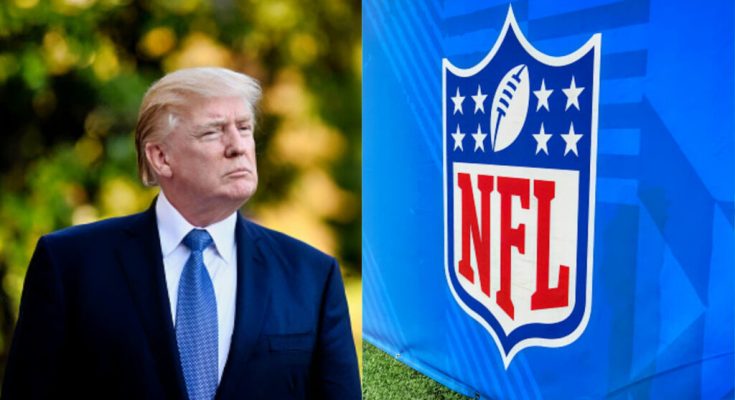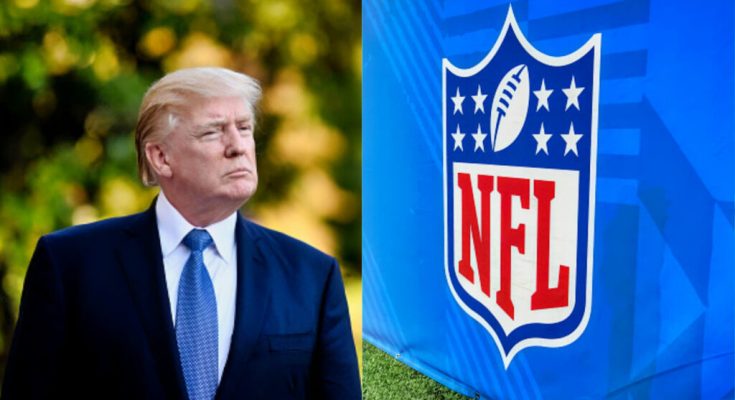What Led To The NFL’s Silence? Exploring The Evolving Role Of Athletes
The NFL once roared with the voices of players speaking out for change. From anthem protests to fiery speeches, athletes turned the league into a stage for social justice in the late 2010s. Fast forward to 2024, and things feel… different. Gone are the days of high-profile activism dominating the field. Now, the league radiates a new vibe, one of unity, patriotism, and even dance moves inspired by political figures.
So, what happened? How did the NFL go from being a loud advocate for social change to a quieter champion of national pride? Let’s unpack the journey and explore what led to the shift.
The Late 2010s: A Stage for Activism
The late 2010s were a turning point for athlete activism. Players like Michael Bennett used their platform to bring attention to police violence and systemic racism. Bennett’s powerful statements resonated beyond the field, inspiring both teammates and fans to think critically about societal issues.

Malcolm Jenkins, another pivotal figure, approached advocacy differently. As a member of the Philadelphia Eagles, Jenkins co-founded the Players Coalition, focusing on legislative efforts to reform the criminal justice system. The coalition became a symbol of how athletes could use their influence to push for tangible change.
During this era, kneeling during the national anthem became a widespread symbol of protest, championed initially by Colin Kaepernick and supported by players across the league. The New England Patriots and other teams openly stood behind these protests, drawing sharp criticism from then-President Donald Trump. This clash between activism and nationalism placed the NFL in the spotlight, forcing players to navigate both praise and backlash.
The NFL’s Response to Protests
The league’s reaction to this wave of activism was mixed. While some owners and coaches expressed support, others aligned with the nationalistic rhetoric of critics. By 2017, the NFL found itself at the center of a cultural debate about the role of sports in social issues.
The league attempted to strike a balance, introducing initiatives like the “Inspire Change” program to address social justice concerns while subtly discouraging overt protests on the field. This dual approach reflected the NFL’s struggle to maintain its broad fan base, which included both supporters of activism and those who wanted sports to remain “apolitical.”
A Turn Towards Nationalism in 2024
Fast forward to 2024, and the NFL has undergone a significant transformation. The activism that once defined the league has largely faded. Instead, the spotlight has shifted to displays of patriotism and unity. Teams like the Detroit Lions, Tennessee Titans, and Las Vegas Raiders now incorporate celebratory gestures inspired by patriotic themes. Some players even include lighthearted dance moves that draw from former President Trump’s rally antics, reflecting a shift towards embracing national identity over divisive activism.
This newfound focus on nationalism appears to stem from both public demand and league strategy. As the cultural landscape evolved, the NFL leaned into unifying displays of patriotism to avoid the controversies that defined earlier seasons. While these symbolic gestures aim to celebrate American identity, they also signal a clear departure from the protest-driven narrative of the late 2010s.
Transition from Activists to National Heroes
The NFL’s current season lacks social commentary, but the number of players openly engaging in activism has dwindled. Some athletes still use their platforms to address issues, but their voices no longer dominate headlines. The league’s emphasis has shifted towards positioning players as symbols of unity and national pride.
This transition reflects broader societal trends. In a time when polarization dominates public discourse, the NFL’s pivot towards patriotic revelry seems designed to bring people together rather than fuel division. Players, coaches, and teams now adapt to this evolving expectation, embracing a role prioritizing unity over activism.




